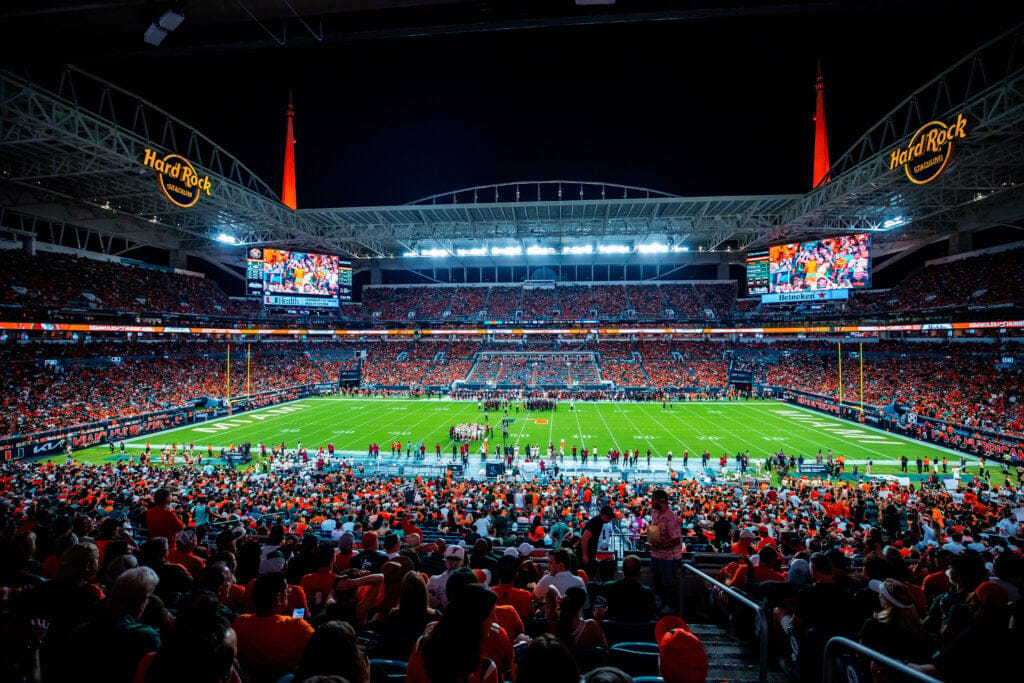
If you’re a travel manager, you’re probably used to fielding practical questions about booking a trip or submitting expenses. But you aren’t a mind reader.
It can be difficult to capture glimpses into a traveller’s decision-making process, even when post-trip surveys are sent out and regular traveller check-ins are scheduled.
In this post, we guide you through the most pressing questions travellers ask themselves and how travel managers can help put their minds at ease. We gleaned our insights from research conducted by Uber’s internal user experience research (UXR) team, which set out to map a traveller’s decision-making process and motivations on the road.
Question 1: How can I make this trip as stress-free as possible?
In our survey, 44% of travellers shared that a stress-free trip is important to them. That’s because travellers know first-hand how stress can affect their performance. Running on a tight schedule and devoting energy to minor inconveniences can cause unnecessary stress and divert focus from the traveller’s task at hand. As a result, travellers are eager to remove friction from their trip at every possible opportunity.
While it may sound obvious that travellers don’t want to feel stressed, it’s important that travel managers understand the scale and scope of stressors. Unhealthy food options might appear to be less stressful than a timeline-altering flight delay, but the two disruptions can be equally rattling. Although the latter may be out of the traveller’s control, the former affects basic personal care. Remember: your travellers have needs, too, and when they aren’t met, the travellers have less bandwidth to focus on the purpose of their trip.
How to put a traveller’s mind at ease
- Allow for extra travel time. A packed schedule compounds a traveller’s worries. Allowing some breathing room enables travellers to focus on their well-being and prepare properly for their trip’s purpose.
- Simplify the process. From booking a trip to making changes on the road to submitting expenses upon return, all instructions for travellers should be clear, concise and easy to follow.
Question 2: Is this a good use of my time?
Unsurprisingly, our survey reaffirmed that a traveller’s main goal is a successful business outcome. It also uncovered that travellers are nervous about being late or missing an appointment altogether while on a business trip. Both underscore the importance of efficient timing while travelling, whether that’s being on time, allowing for extra time to add finishing touches or spending less time on getting from point A to point B and more time with clients.
As it turns out, efficiency helps travellers and travel managers alike. The entire company benefits when a traveller’s physical and mental energy is dedicated to the business at hand, rather than the minutiae of travel arrangements. Luckily, efficiency is not difficult to strive for: travel managers can opt for direct flights and nearby hotels and note these preferences right in their official travel policy.
How to put a traveller’s mind at ease
- Strike unnecessary steps from your travel policy. Work to eliminate redundancies from the traveller’s responsibilities. The end result is a more efficient travel policy for the company, too!
- Opt for convenience whenever possible. Easy-to-use, familiar and well-liked products and services support efficiency, reliability and traveller well-being, which are all contributors to the good outcomes that grow your business.
Question 3: Is this a product or service I can rely on?
Our survey found that business travellers are risk-averse; 61% of those surveyed place reliability in their top 3 priorities while travelling for work.
Travellers don’t want any surprises on the road, nor do they want to experiment with something new when there’s an important task at hand. They want proven solutions that work as expected and deliver a familiar customer experience they can depend on.
Reliability is key to efficient, stress-free planning. Knowing what to expect helps travellers reduce their stress levels and operate efficiently. These expectations could be as simple as ordering morning coffee at a familiar hotel chain, or as high-level as knowing a flight rescheduling procedure with a certain airline.
Importantly, reliability plays a larger role companywide. Tremendous time and resources are poured into planning a company trip. Using an unproven vendor, service or procedure can be a costly prospect for the company’s bottom line.
How to put a traveller’s mind at ease
- Work with tried-and-true brands. The lack of a learning curve reduces traveller stress by supporting experiences they know inside and out. This leaves their mind free to focus on their meeting, presentation or conference.
Summing up
When business travellers make decisions on the road, they want to know that their choices will support the positive outcomes they’ve set out to achieve on the trip. This involves tackling three major imperatives: efficiency, reliability and stress reduction. A reliable product or service leaves little chance for surprises while travelling, and efficient choices save precious time. Both work in tandem to reduce stress on your traveller, which in turn ensures that they’re performing at their best. In the long run, a traveller’s savvy choices leave them free to worry less about travel plans and focus more on landing that new account.
Want to learn more about what your business travellers are thinking? Download our guide Inside The Mind of a Business Traveller to get Uber’s research findings about what goes into their decision making while on the road.
Posted by Sean Simonson
Simplify travel expenses for your business
Related articles
Most popular

Your guide to NJ TRANSIT’s Access Link Riders’ Choice Pilot 2.0

Moving STRIPES: innovating student transportation at Mizzou

Case study: how the University of Kentucky transformed Wildcab with Uber





